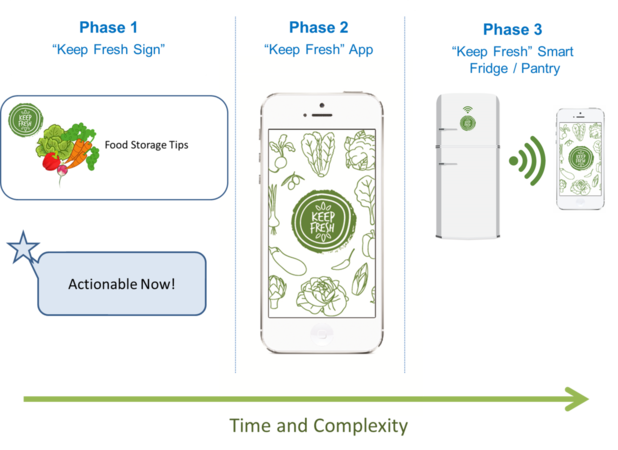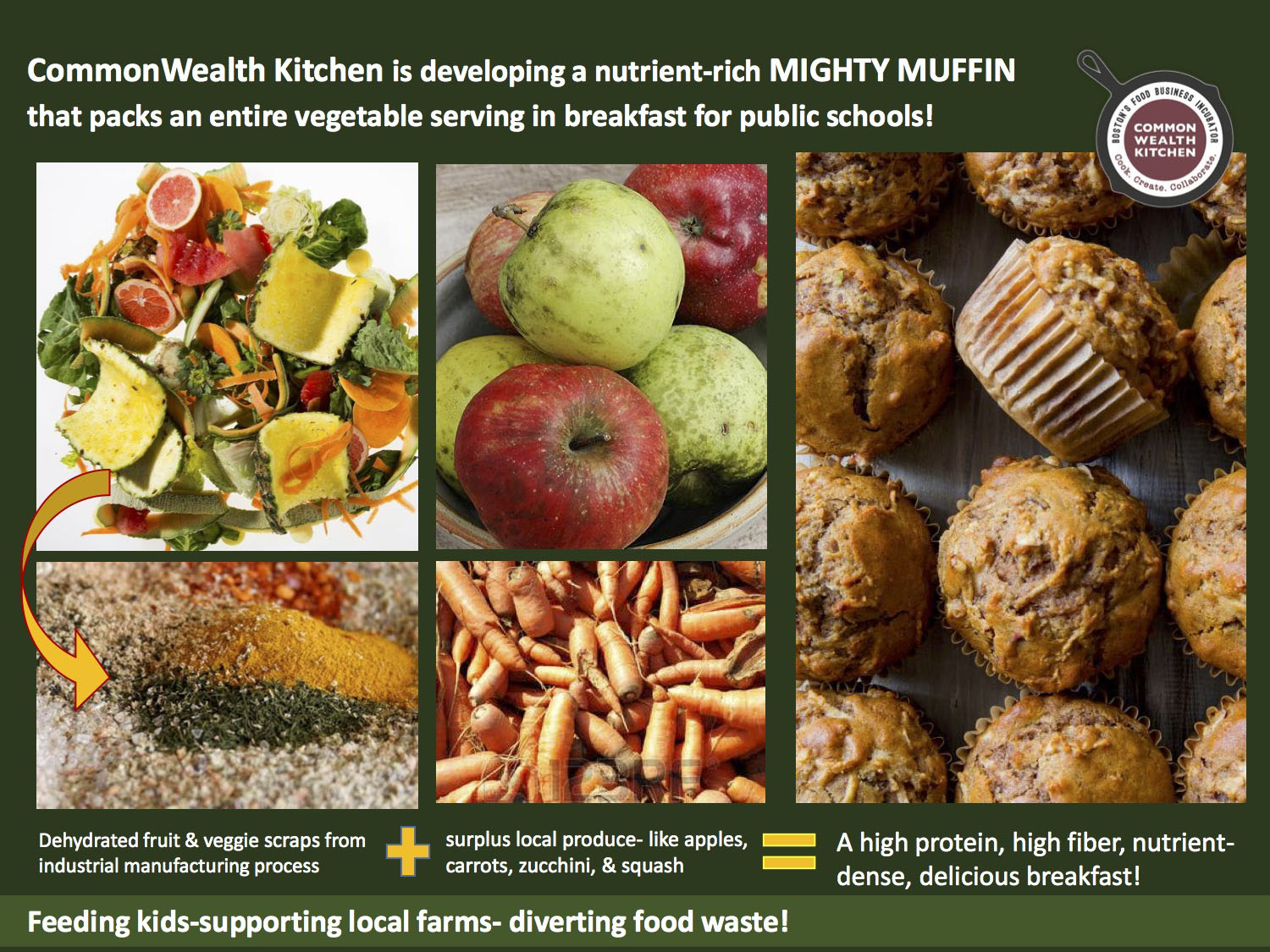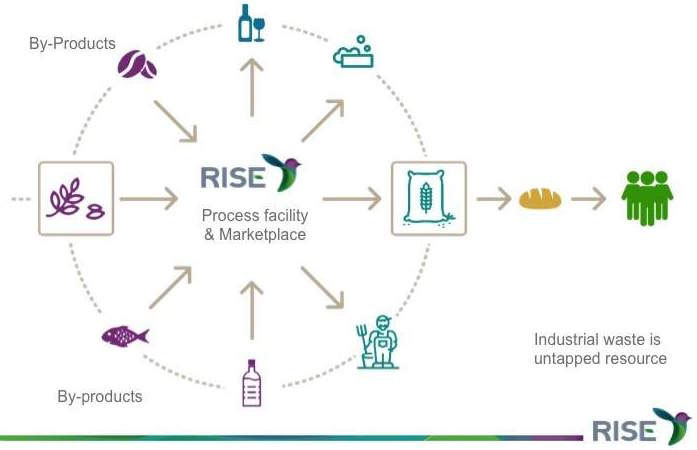There’s some great energy around solving the food waste problem lately. Case in point is OpenIDEO, which recently held a food waste challenge in partnership with The Rockefeller Foundation, The Fink Family Foundation, ReFED, and The San Francisco Department of the Environment. The purpose was to tap into a global community of creative problem solvers to develop ideas that could dramatically reduce food waste.
OpenIDEO is an open innovation platform that hosts online challenge events aimed at solving big problems for social good. After OpenIDEO posts a challenge, the community can submit and comment on ideas to help refine the solutions. Some solutions are actual projects that people have been working on already; others are new ideas inspired by the challenge. Anyone can participate, and the challenge continues for a few months as the ideas are refined. At the end, a group of “Top Ideas” is selected by the challenge sponsors and the OpenIDEO team.
The food waste challenge resulted in 12 Top Ideas. They are all great ideas, and it was hard to choose which to highlight, so we picked one idea from each category of the U.S. EPA’s Food Recovery Hierarchy — prevention, recovery and recycling — to highlight below.
1. Prevention: “Keep Fresh” Signage

Consumers are responsible for 47 percent of U.S. food waste, and educating the public about why and how to reduce has the potential to divert 584,000 tons of food from landfills, according to ReFED. There are a few great resources to help guide consumers on the best ways to store food to keep it fresh longer, but most of those solutions require consumers to choose to use the tools.
The “Keep Fresh” sign idea from Neil Trivedi gets us where we all shop: the supermarket. He proposes that grocery stores display information on how to store foods right next to the price signage so customers can learn how to store produce as they purchase it. Beyond that, Trivedi has proposed a full end-to-end customer experience in food spoilage prevention that incorporates an app and “smart fridge” technology that would help manage food inventory and alert users when foods are in danger of going bad.
As far as we’ve seen, there is no major American supermarket brand that is putting a concerted effort into educating buyers about how to properly store their food. While getting buy-in from grocery stores might be a tough sell, with enough demand, this is an idea national chains with robust marketing departments could do a good job with.
2. Recovery: Mighty Muffins for Kids

Nonprofit food business incubator CommonWealth Kitchen submitted a project they’re in the midst of developing that would turn flour made from vegetable trimmings into nutritious muffins for public school breakfast programs.
The Boston-area organization is working with Third Cliff Baking, Baldor Foods and Drexel University to develop the recipe.
“The recipe will replace approximately 25% of the flour with a powder made from carrot peels, tomato ends, celery tops and the like that are a by-product from Baldor’s produce processing operation. The recipe will also incorporate surplus produce, like carrots, zucchini, apples, and squash sourced from regional farms.”
Jen Faigel, executive director and founder of Commonwealth Kitchen, said they are launching a pilot program in a half dozen schools in December to get feedback from students so they can finalize the recipes, finish the pricing and nutritional analysis, and work through potential for scaling up.
We like this muffin idea because it accomplishes several things. It’s a novel way to utilize byproducts from produce processing. It recovers local food that would be going to waste. And it gives low-income children a healthy, minimally processed option for their school breakfast.
3. Recycling: RISE

The concept for RISE, a project posted by Bertha Jimenez, is mining the organic by-products of different industries and turning them into ingredients for new foods. RISE is currently focused on the beer industry by collecting spent grain, dehydrating it and milling it into flour. They are working with chefs, bakers and food engineers to develop end uses for the flour.
The RISE vision goes beyond beer. Jimenez wants to scale the process so it can work for any number of industries. Here’s how she described RISE’s goal:
“Our overarching goal is to become the go-to marketplace for many industries selling and buying various materials. We are currently developing a machine-learning algorithm based on the industries and by-products we identified in our research stage. We are also exploring opportunities to provide coordination, logistics, and transportation of materials between buyers and sellers, and experimenting with food industries to find new applications for organic by-products. Within the waste market, there are a number of organizations attempting to accomplish the same mission as RISE, albeit through non-scalable or more manual methods.”
We’d like to congratulate OpenIDEO on a successful challenge. The whole crop of submissions are worth exploring. Here’s hoping many of these projects become reality in the coming years to help reduce the mounting problem of food waste.
